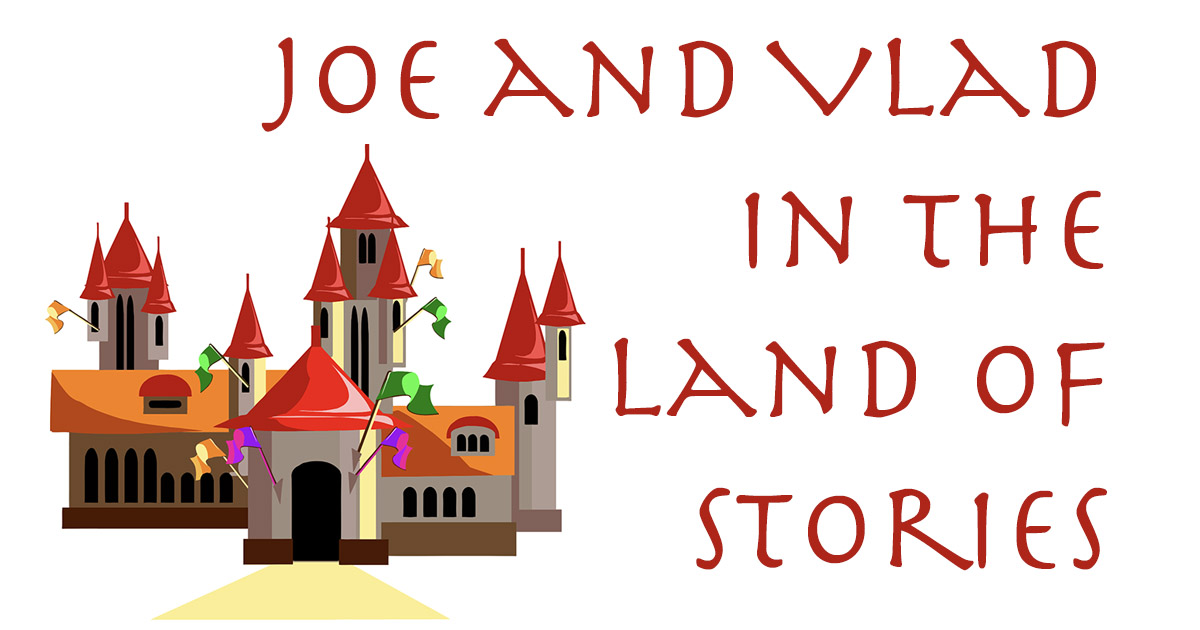
By David Swanson, World BEYOND War, February 4, 2023
In a children’s book by Chris Colfer called The Land of Stories: A Grimm Warning, a Napoleonic French army of soldiers, guns, swords, and cannons arrives in the fairy tale land where Red Riding Hood, Sleeping Beauty, and all sorts of similar people and fairies dwell.
The girl in charge of the place immediately begins organizing armies to fight the invaders. What choice does she have? Well, there are a number of reasons, somewhat unique to the story, that this is not the unquestionably smart move that no doubt the author and almost all of his readers assume.
The girl magically transports an enormous army in a matter of seconds to a location to fight the invaders. The possibility of transporting the invaders to a deserted island or anywhere else is never considered.
The girl transforms weapons near her into flowers. The possibility of doing that to all the guns and cannons is never considered.
The girl, who is also a fairy, and various other fairies disarm the soldiers at will with bits of magic, and even bewitch plants in their garden to do the same. The possibility of doing that en masse is never considered.
Only after the two sides have engaged in an orgy of mass murder, does the girl’s brother mention to the opposing army that the magic portal they arrived through took 200 years, so that fighting for the French Empire of the 19th century is not possible anymore. The idea of saying anything at all to the invaders prior to the war — anything to dissuade or enlighten or frighten or anything else — is never considered.
The need for there to be a war in this story, as is typical in real life as well, is not merely assumed; it is silently assumed. The very idea that one need have any justification for a war is not mentioned at all or even hinted at. So, no questions or doubts are raised. And there is no obvious contradiction when various characters in the story find moments of pride, courage, solidarity, excitement, vengeance, and sadistic pleasure in the war. Even less than unmentioned is the deeper secret that, while the war is of course in many ways not desired, in some ways it is very much wanted.
The war itself, as is typical in real life as well, is largely invisible. The main characters organize massive killing fields in which, in the end, most of the victims are killed with swords. One identified minor character is killed as a token death. But otherwise the killing is all off-stage even though the action of the story is physically exactly where all the killing is happening. There’s no mention of blood, guts, muscles, missing limbs, vomit, fear, tears, curses, madness, defecation, sweat, pain, groans, howls, screams. There’s not a single wounded person to be triaged. The large number of dead are mentioned in a single sentence as having been “lost,” and later there is a “beautiful” ceremony to honor them.
The girl who had already organized one side of the war, in a moment of anger at being betrayed by her boyfriend “hurts” a handful of soldiers by magically and violently blasting them to who knows where with a magic wand. Despite the thousands (silently and painlessly) dying in sword battles all around her, she has a very emotional moment of self-doubt as to what sort of person she has become who could physically harm a handful of soldiers who were attacking her.
This is the deep level of invisibility achieved by war: moral invisibility. We all know that if Joe Biden or Vladimir Putin were filmed punching a female news reporter in the mouth their careers would be over. But fueling a war that kills by the thousands is not see-able. Even the war in Ukraine, more visible by far than most wars, is kept largely out of sight, and is understood as to be regretted first for its financial cost, second for its risking of global nuclear apocalypse (though even that is of course well worth it to stand up to Putin!) but never for being a festival of mass murder and destruction.
In the Land of Stories, you can wave a wand and turn rows of approaching guns into flowers. One doesn’t do that, because war is the most highly prized story; but one could do it.
In Ukraine, there are no magic wands. But none are needed. We need only the power to cease blocking negotiations, the power to cease providing unlimited weapons, and the power to take verifiable steps toward demilitarizing Eastern Europe and submitting to the rule of international law in order to credibly negotiate a peaceful way forward. None of these are magic.
But shaking off the enchantment of war-worship that permeates our culture: that would be magical indeed.









4 Responses
Well said, David! Glad Rivera pointed me to this article.
Thank you, I feel when reading this that I’ve been coming out of a dream.
I agree! Adding to your examples are the 50 years of Hollywood violence, war and dystopia inculcating our minds. Frank L. Baum was a unique writer. In The Emerald City of Oz, Ozma refuses to fight to defend the land of Oz from barbaric invading creatures. A nonviolent solution is found. The message is that only when violence is off the table, not held in reserve as a second or last resort, but completely renounced — only THEN do creative and effective solutions arise and The Way Opens!
I love how you always tell the truth! We need a lot more of that!